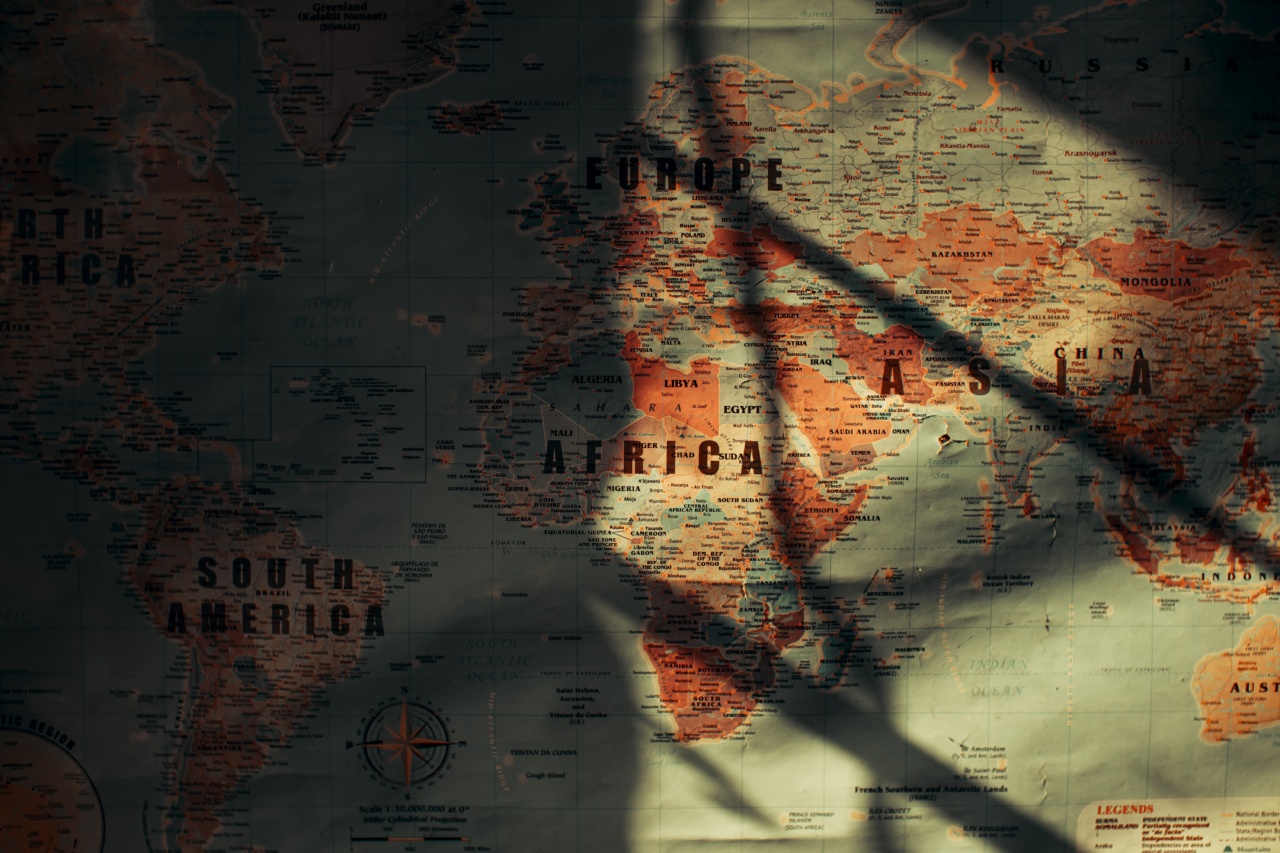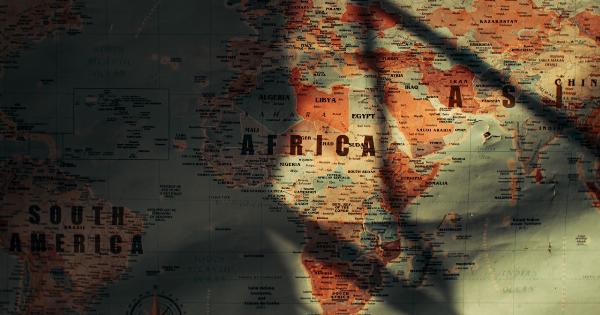The Ebola virus is among the deadliest pathogens known to humankind, causing severe illness and often resulting in death.
In recent years, West Africa has been plagued by a series of devastating Ebola outbreaks, causing widespread panic, economic turmoil, and loss of life. The latest outbreak in the region has already claimed the lives of 142 individuals, further exacerbating the ongoing humanitarian crisis.
The Origin and Transmission of Ebola
First identified in 1976 near the Ebola River, a tributary of the Congo River, the Ebola virus disease (EVD) is believed to originate from bats.
The virus can be transmitted to humans through direct contact with infected animals or through human-to-human transmission via bodily fluids. The most common symptoms of Ebola include fever, fatigue, muscle pain, headache, and sore throat, followed by vomiting, diarrhea, rash, impaired kidney and liver function, and, in some cases, internal and external bleeding.
The West African Outbreak: A Catastrophic Crisis
The current Ebola outbreak in West Africa, which initially emerged in March 2021, has been particularly devastating.
The affected countries, including Sierra Leone, Guinea, and Liberia, have a fragile healthcare system and lack the necessary resources to effectively combat the virus. As a result, the outbreak quickly spiraled out of control, claiming numerous lives and overwhelming the limited medical infrastructure.
The Role of Social and Cultural Factors
Various social and cultural factors have further exacerbated the impact of the Ebola outbreak in West Africa.
Mistrust in healthcare systems, traditional healing practices, burial rituals, and a lack of awareness about the virus have all contributed to the rapid spread of the disease. Additionally, the densely populated urban areas, poor sanitation, and limited access to clean water have created the perfect breeding ground for the virus to thrive.
The Humanitarian Crisis Unfolds
As the death toll continues to rise, the humanitarian crisis in West Africa intensifies. Families are torn apart, and entire communities are left devastated by the loss of loved ones.
The psychological trauma inflicted on survivors and their communities presents another significant challenge. Stigma, isolation, and the long-term physical and mental health consequences of surviving Ebola further compound the already dire situation.
International Response and Aid Efforts
The international community has rallied to provide assistance to the affected countries in West Africa.
Organizations such as the World Health Organization (WHO), Médecins Sans Frontières (MSF), and the United Nations have deployed medical teams, supplied critical resources, and supported local healthcare workers in their fight against the virus. However, the scale of the crisis demands a much larger and more sustained global response to effectively contain the outbreak and provide essential care to those affected.
The Importance of Public Health Measures
Prevention and control of the Ebola outbreak heavily rely on public health measures. Rapid detection and isolation of infected individuals, contact tracing, safe burials, and public awareness campaigns are crucial in minimizing the spread of the virus.
Additionally, the development and distribution of effective vaccines and antiviral treatments are vital for combating future outbreaks.
The Economic Implications of the Outbreak
The Ebola outbreak in West Africa has dealt a severe blow to the region’s already fragile economies. The disruption of trade, business closures, and reduced tourism have resulted in significant financial losses.
The already strained healthcare systems are further burdened by the need for additional resources, diverting funds and attention from other critical areas such as education and infrastructure development.
Hope for the Future
Despite the grim circumstances, there is hope for a brighter future. Promising advancements in medical research and the development of experimental treatments and vaccines provide potential solutions against Ebola.
Furthermore, raising awareness, education, and international collaboration aimed at strengthening healthcare systems in the affected regions will play a crucial role in preventing future outbreaks.
Conclusion
The Ebola outbreak in West Africa has had a devastating impact on the region, with the death toll reaching 142.
Urgent measures are needed to control the spread of the virus, provide essential care to those affected, and mitigate the long-term consequences of the outbreak. Timely and sustained international assistance, along with robust public health initiatives, will be critical in effectively combating Ebola and preventing future tragedies.




























